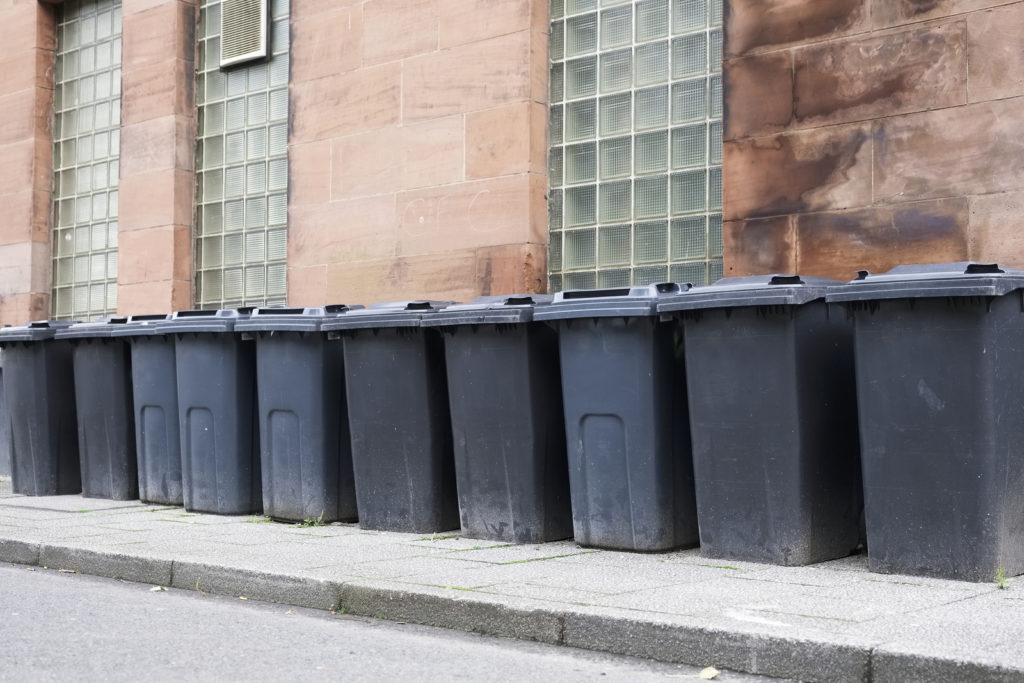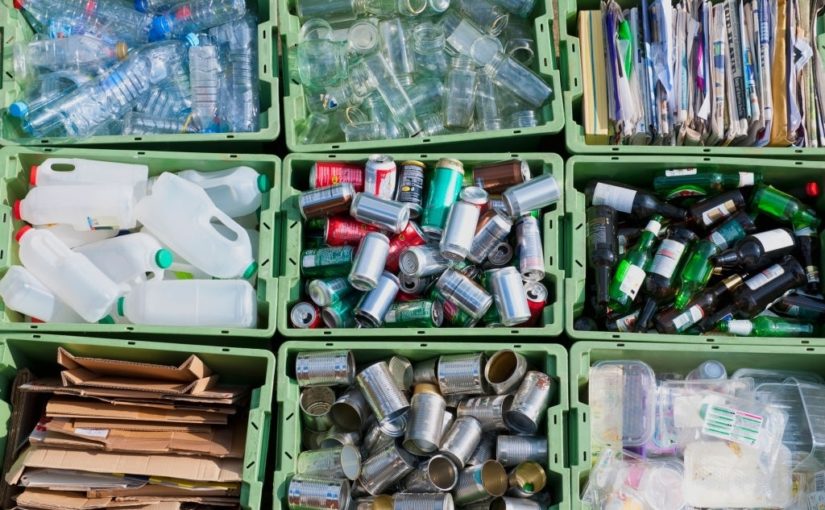During this uncertain time, it can be tough to know how to dispose of waste and recycling. The amount of litter has seen an increase during the age of coronavirus.
Mainly, people are wrongly recycling personal protective equipment (PPE), which is contaminating rubbish and putting all the key workers at risk. It is vital that in this strange time, we all make a conscious effort to recycle to the best of our ability.
Below are some tips on how to correctly dispose of your waste and keep up with effective recycling.
What to do with PPE
Research by the CPI has shown that people are disposing of Personal Protective Equipment (PPE) as part of their household recycling. It is vital, for the safety of other people, that PPE is disposed of correctly, or it can essentially expose them to coronavirus.
PPE should be treated in the same way as other medical and domestic waste. Personal waste must be put into a first separate bag and tied, then placed into a second rubbish bag (double bagged), tied securely, and kept separate from all other waste. Some examples of personal waste are:
- Tissues
- Face masks
- Disposable cleaning cloths
- Gloves
- Masks
The separate bag of rubbish should be put aside for at least 72 hours before being placed in your regular household waste bin.
Staying at home recycling tips
Staying home can be difficult, especially when so many of us are working from home. The last thing you want is piles of rubbish in the place you have to spend the majority of your time.
Here are some tips.
Keep clean and separate
It is important to keep up with your regular cleaning routine now more than ever. As well as this, you should be disinfecting surfaces more frequently to decrease the risk of anyone in the household contracting coronavirus.
Try to keep your rubbish separated. For example, keep your recyclable materials such as paper and plastic in a separate bin to your food and other domestic waste. As previously mentioned, ensure any PPE is kept in a completely separate, tied bag.
Prepare your own food
With the massive supermarket ques, it is incredibly time-consuming to go to a supermarket. For this reason, it is much easier to prepare your food from scratch than nipping to the shop for a meal deal.
By preparing your food, you are reducing the amount of single-use packaging and reducing food waste.
Supermarkets have said that more people have started doing a ‘big shop’ again, which is great as it results in a reduction in food waste. It is much better to do a shop in one go and buy fresh food rather than short trips to the supermarket.
However, if you do fancy a takeaway as a treat or to support a local business, ensure you stick to non-contact delivery guidelines to keep you and the people delivering your food safe.
Don’t end up with piles of rubbish!
While we’re all stuck in the house, it can be tempting to buy things online. The more you buy online, the more boxes, plastic, and other packaging you are going to end up with. During this time, it can be hard enough getting rid of your waste, so try not to end up with piles of rubbish.

Where different waste goes
Due to coronavirus, waste and recycling centres are closed until further notice. However, there are still ways to dispose of your waste safely and effectively.
Recycling
Although recycling centres are closed, glass recycling bins are still being emptied. The government have given permission to visit these bins as part of daily exercise or an essential shopping trip.
For any other material that can be recycled, make sure you put it into your green bin. Green bins are being collected as normal.
Garden waste
Brown bin collections are currently suspended until further notice. You mustn’t put garden waste into black or green bins. If you do, these bins will not be collected, and you will end up with piles of rubbish.
Food waste
Food waste collections are suspended until further notice. Dispose of food waste in your black bin or with a home composter.
In public
When you are doing your daily exercise, it is important not to put any litter in public bins. You must take your rubbish home with you and dispose of it there. Litter bins are not being emptied until further notice. Street cleaning activities, such as litter picking and sweeping, have been reduced.
